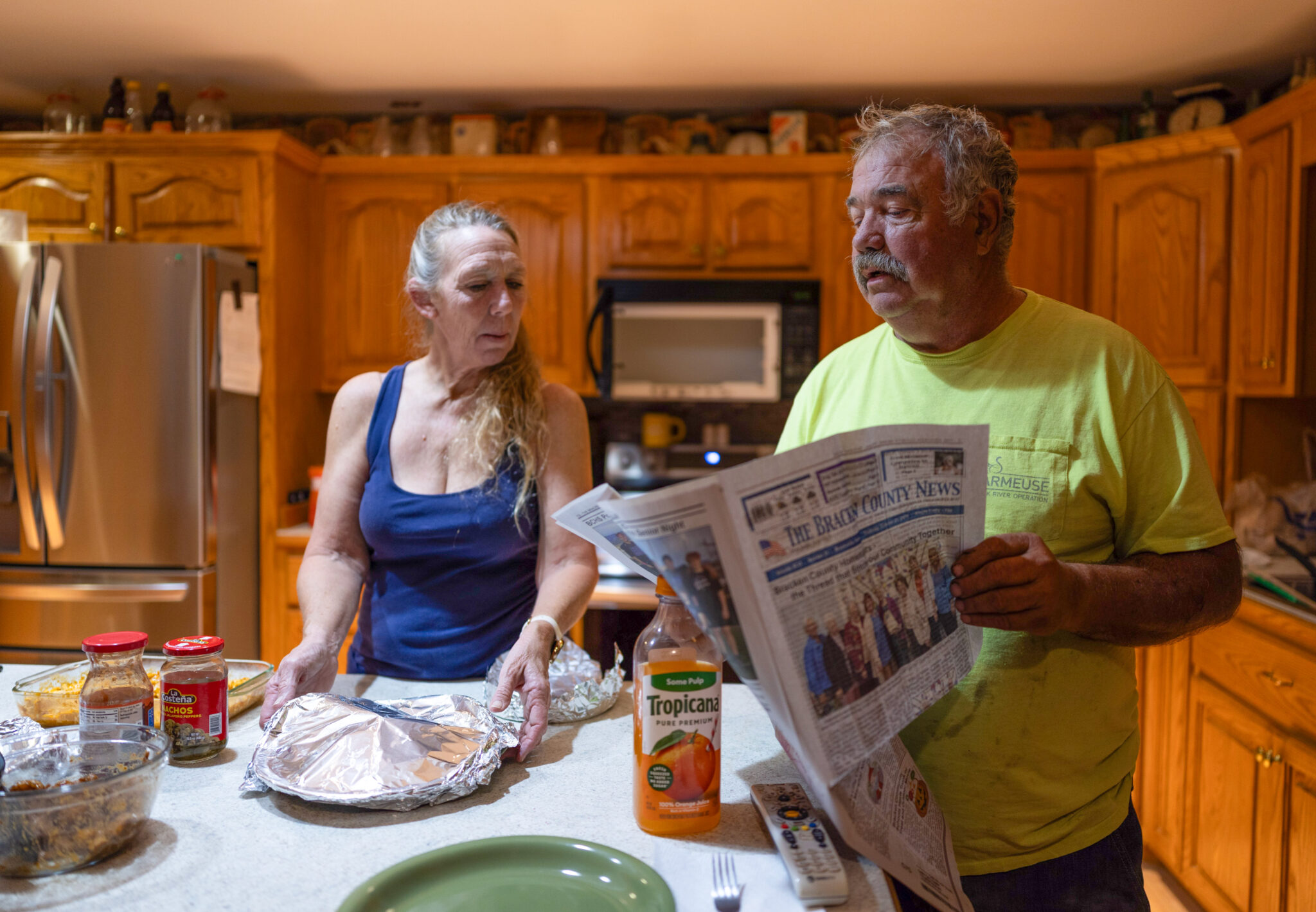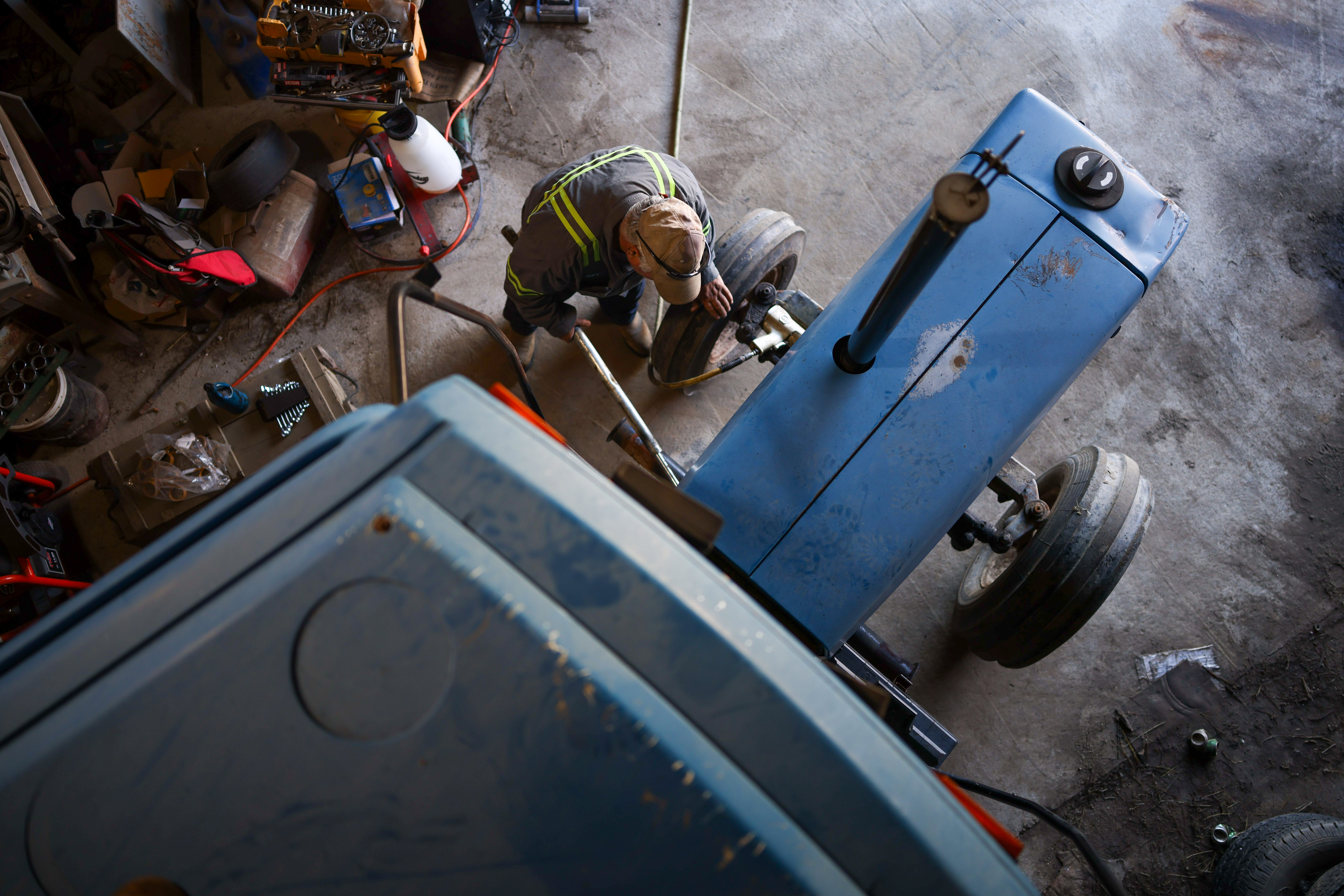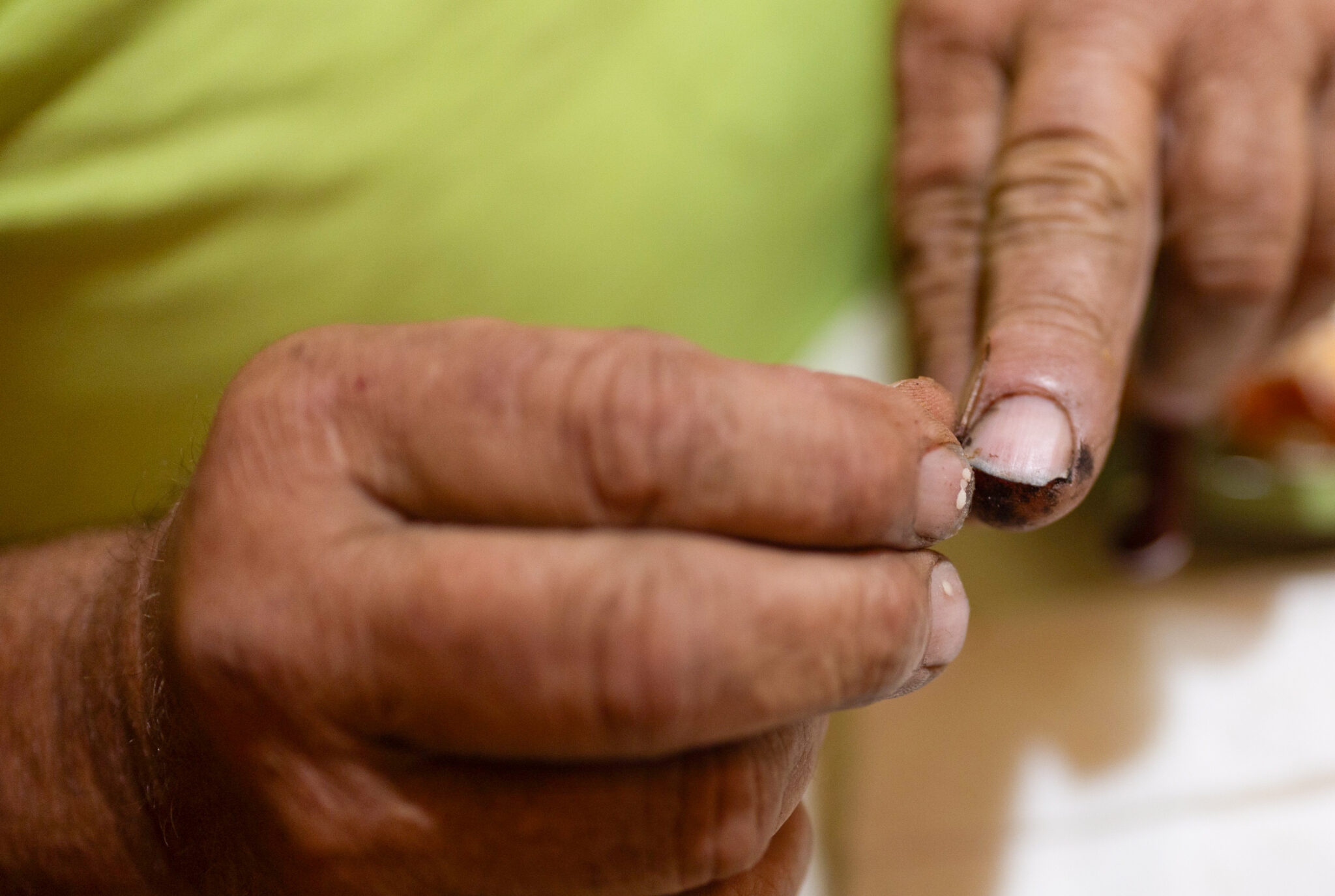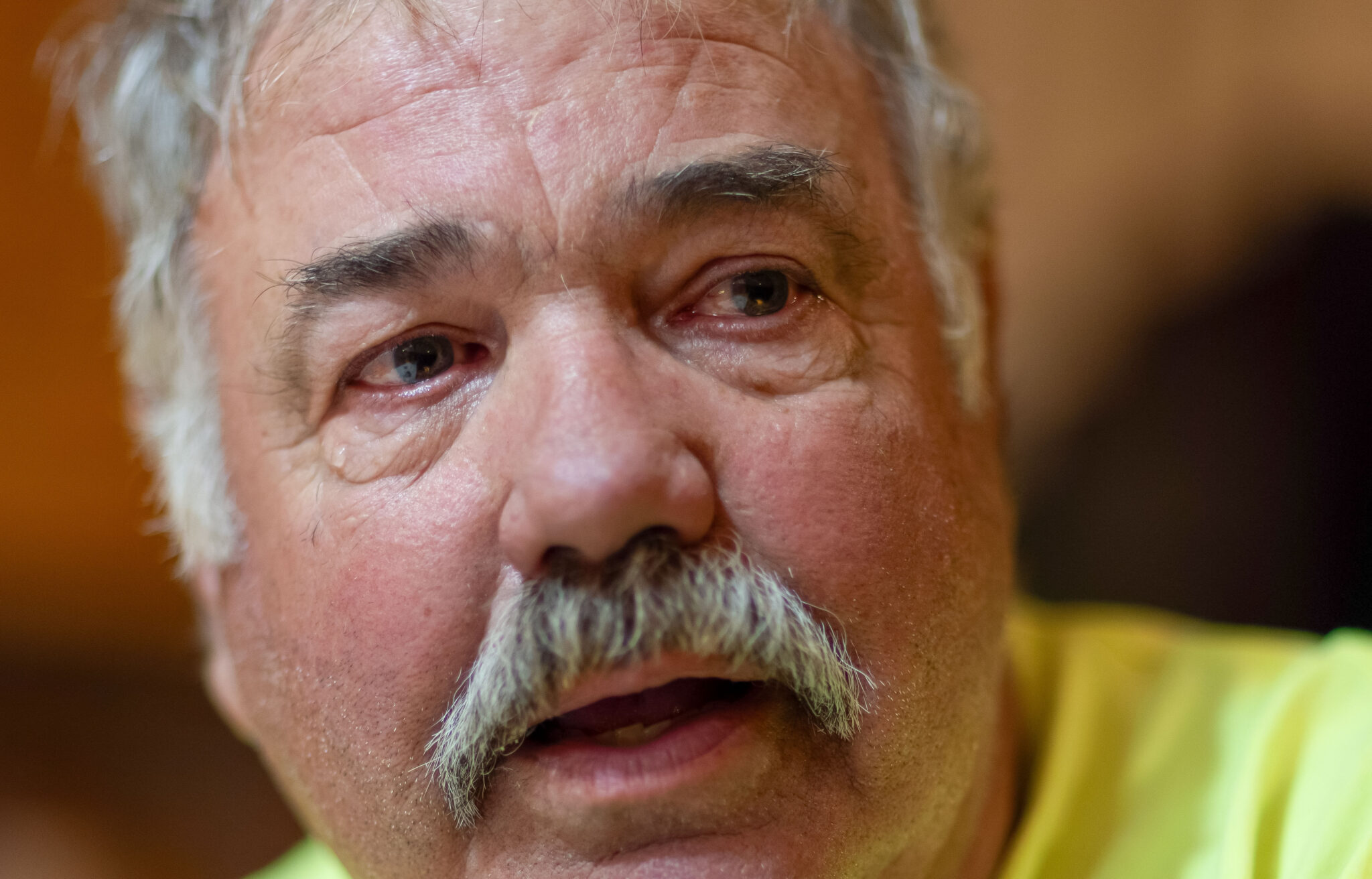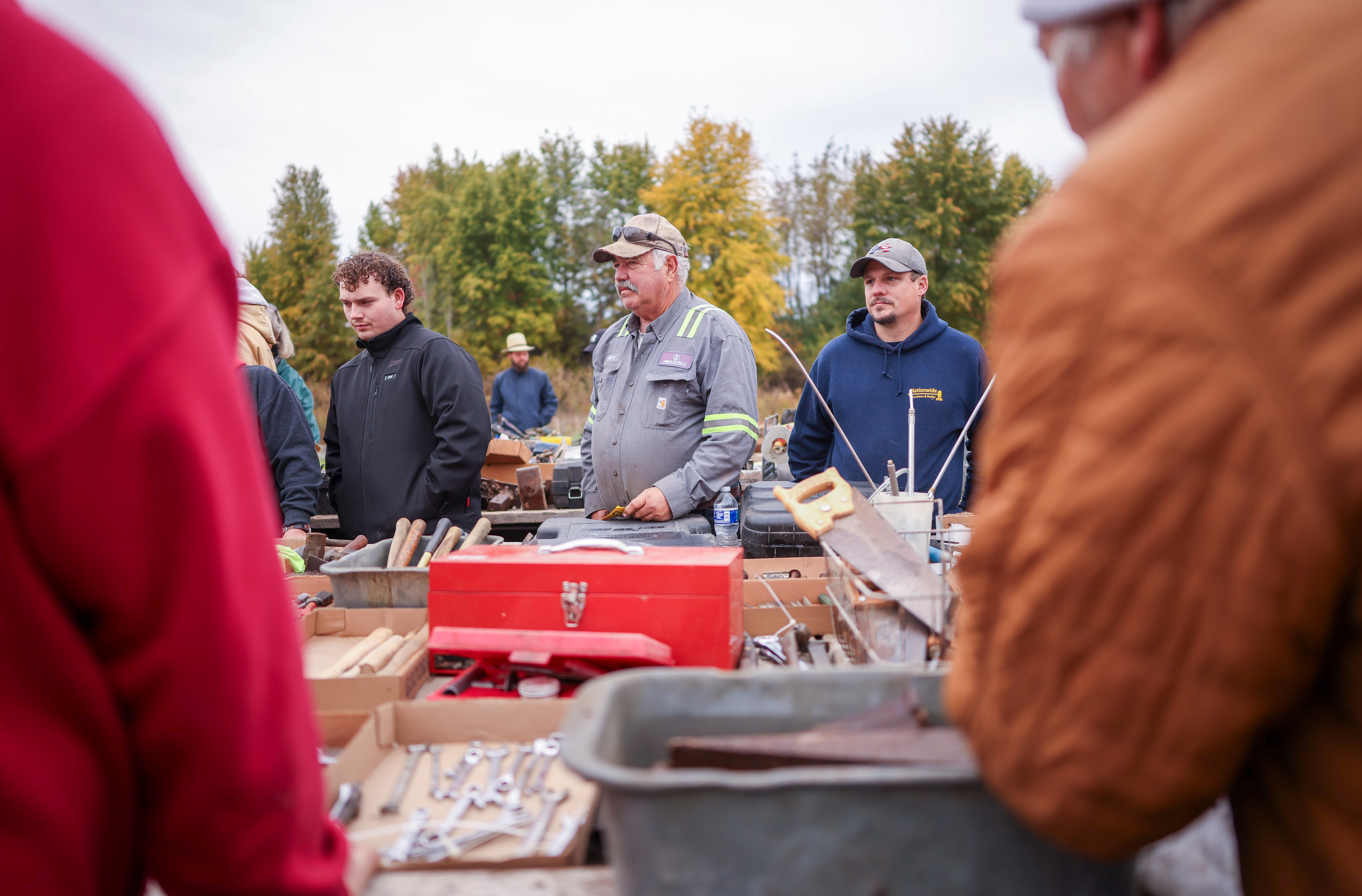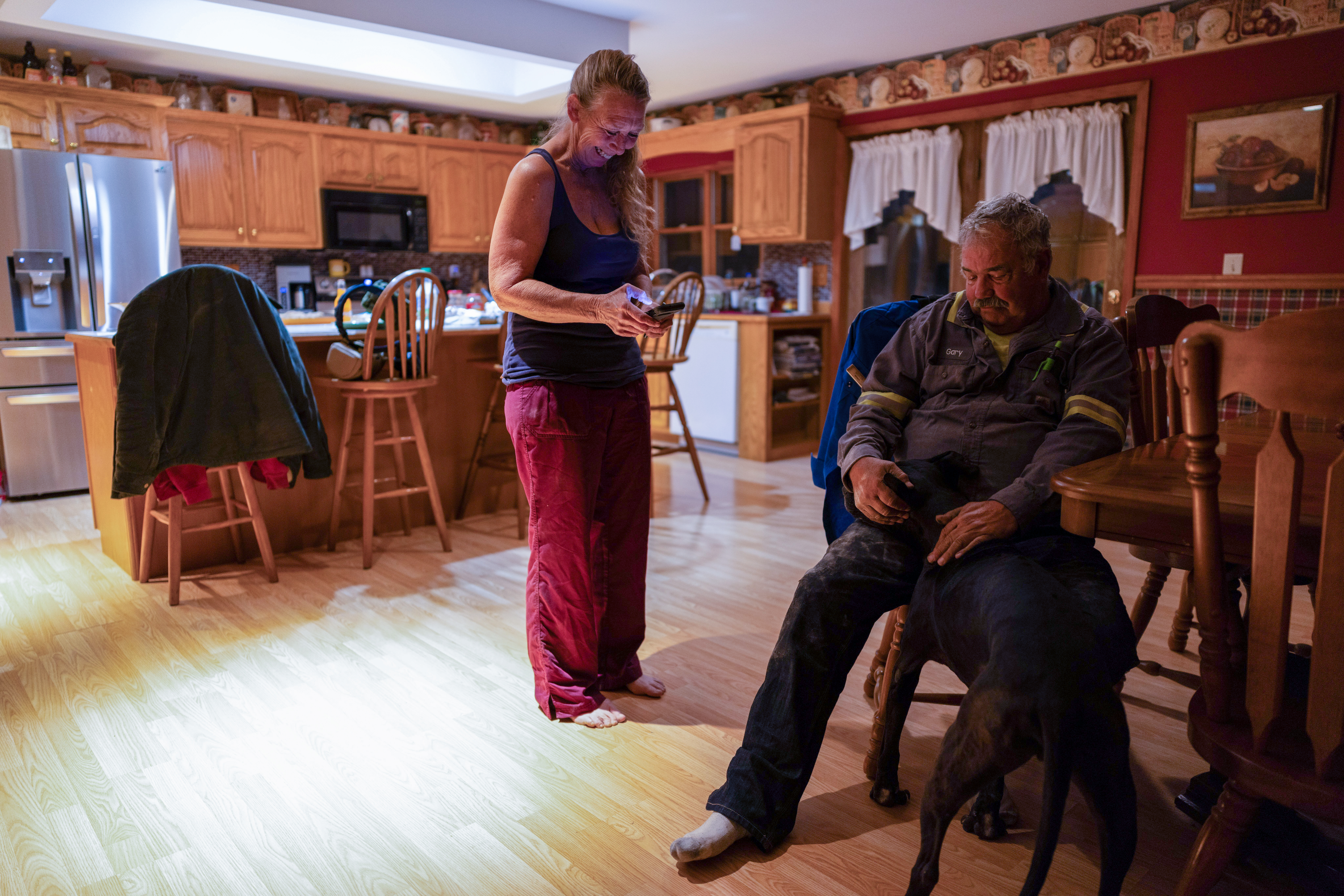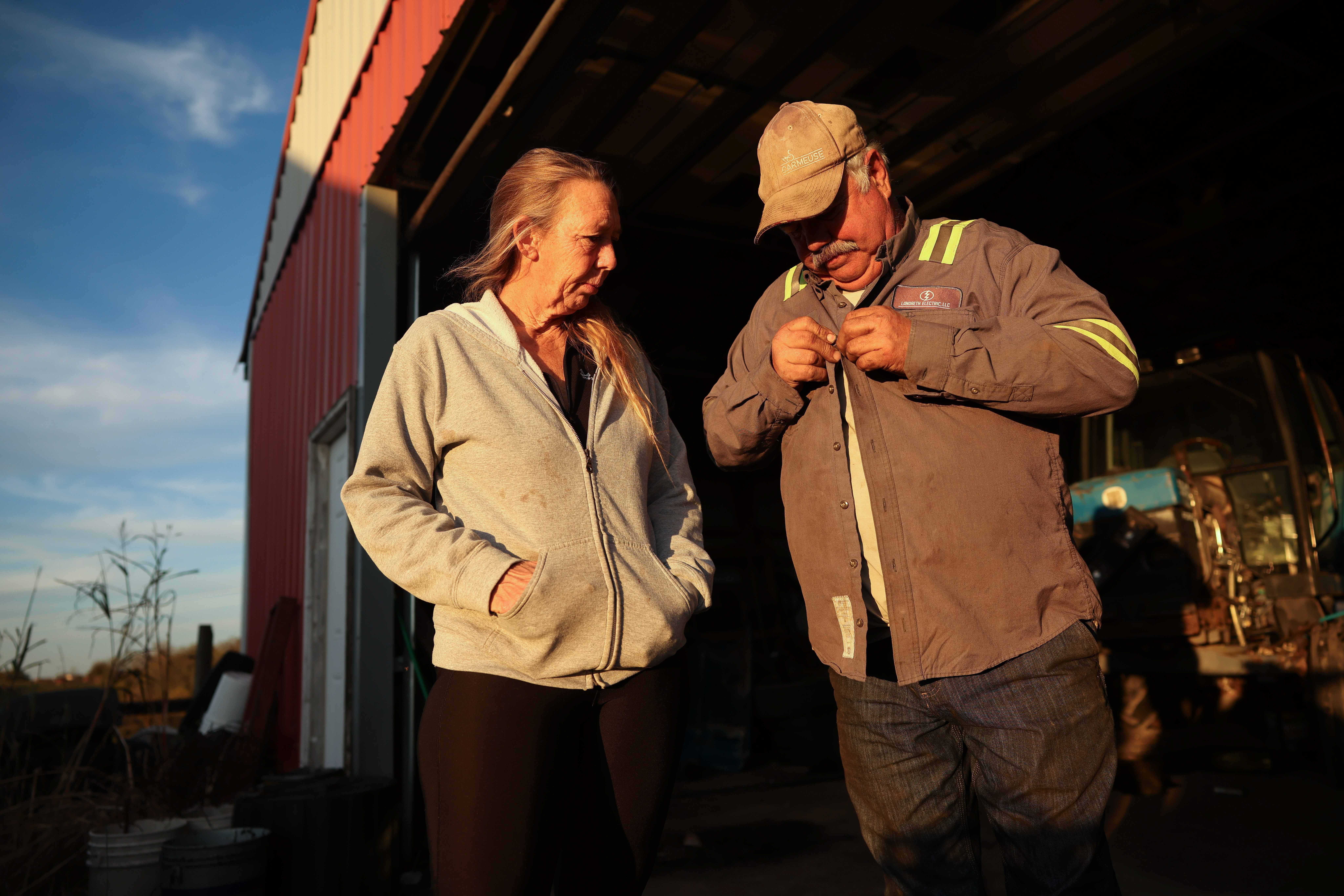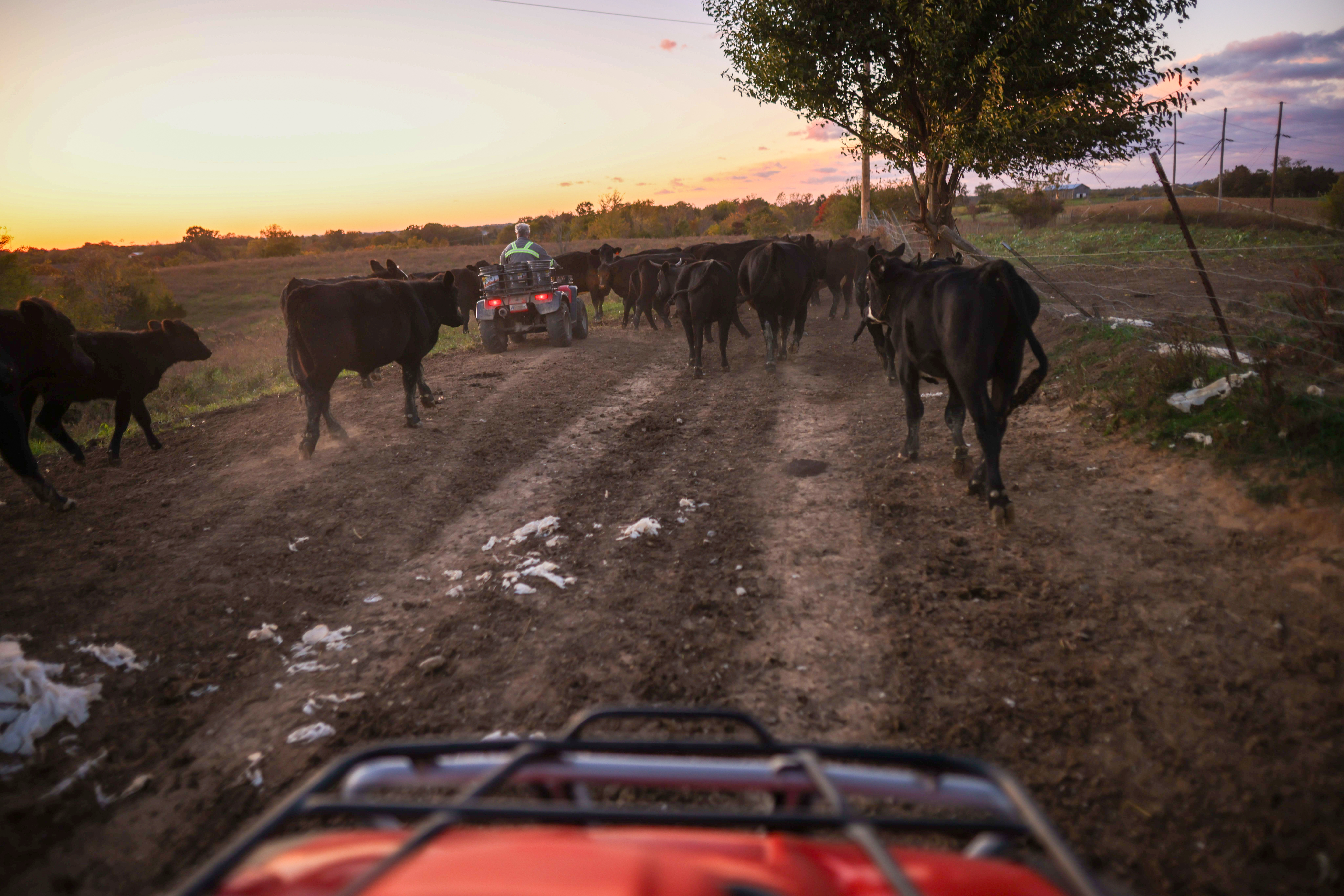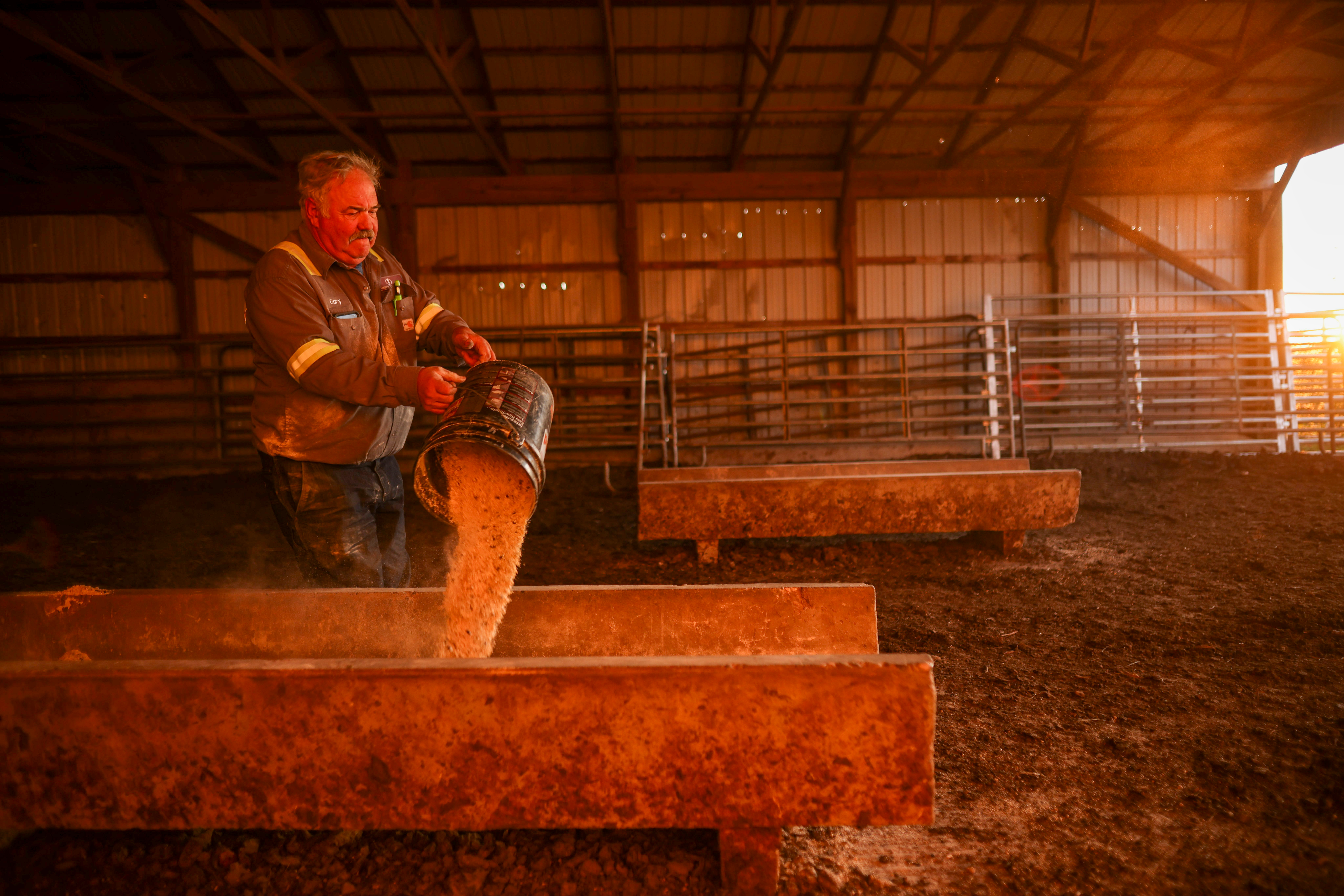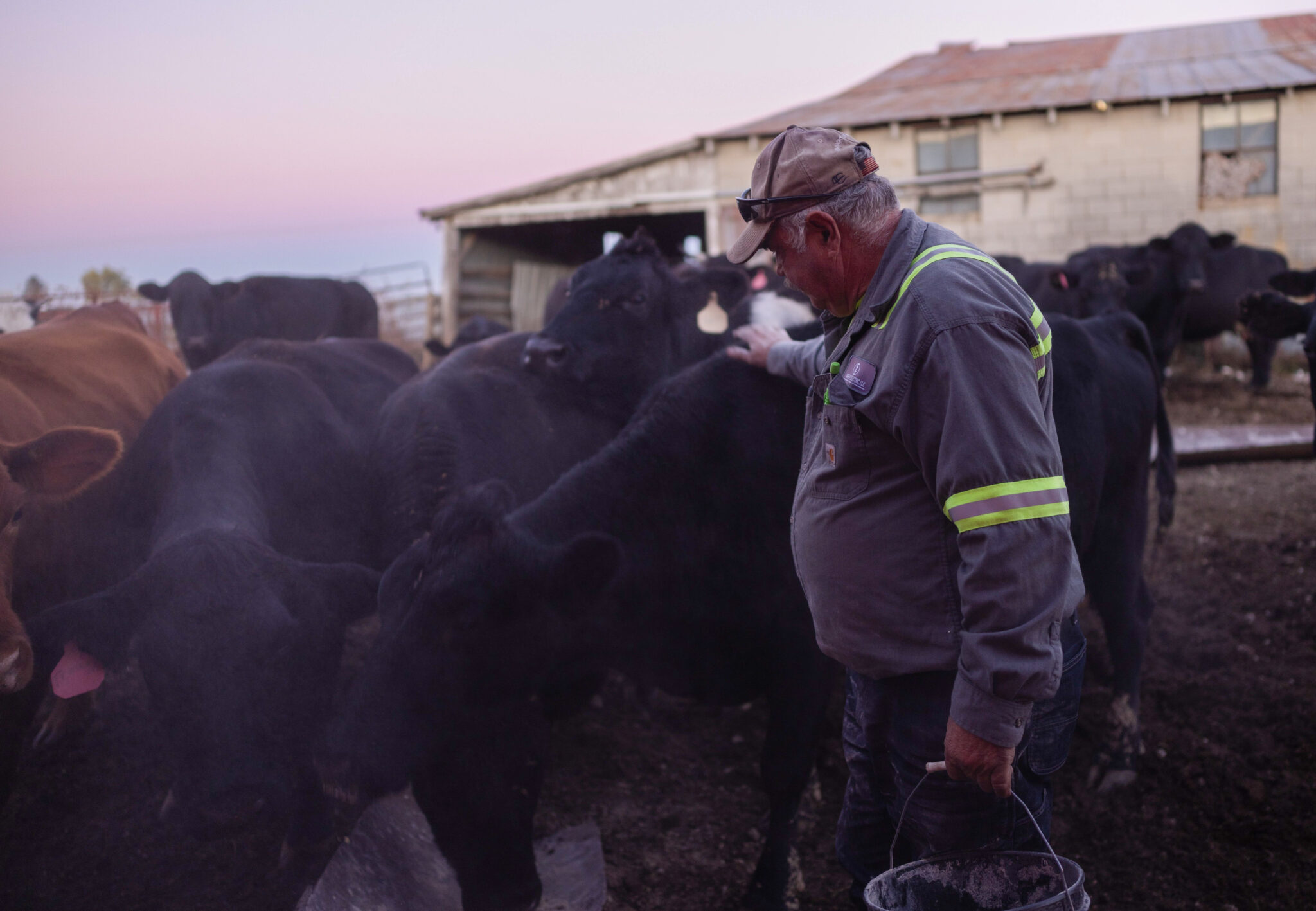Gary Galloway has worked on his family farm his whole life, but has no heirs to take over the work on his 400-acre plot. Farmers across the region have felt the strain of diminishing profits in an increasingly globalized world, with economic interests often eager to encroach upon those who can no longer afford to maintain their land.
Galloway laments what he sees as the disintegration of his way of life: do-it-yourself and do-it-all farming traditions of the 20th century. The average farmer in his region is reaching or at retirement age, with no one to continue their legacies, he said.
“I mean, the whole world is changing,” the 67-year-old farmer said, adding that he understands that for most family farms, continuing to exist just doesn’t make economic sense.
The Galloway farm produced milk for over a century. “There had been milk off this farm for over a hundred years until about a decade ago,” Gary said.
While milk prices have hovered around $18 to $20 per hundredweight for decades, feed costs have tripled from $130 to $320 per ton, according to Galloway. Farm equipment that cost $12,000 when he was young now costs $60,000 to $70,000. Most farming families require at least one member to work jobs off the farm to survive. Gary maintains about 100 Black Angus cattle he sells to meat processors.
Under the economic strain, farmers often sell their land to big tech companies in hush-hush deals aimed at developing the land for massive data centers, Gary said. Some farms in his region have sold for as much as $60,000 an acre.
When asked if he would take such a deal in the event big tech comes knocking, he paused and his eyes began to glisten.
“I would think very hard, because I know how hard we worked,” he said through tears. “But it would be very hard to turn down $24 million dollars.”
Walking through Gary’s barns is like walking through the history he’s known as a rural Kentucky farmer. The floors are littered with thousands of tools, ancient butter churns, gas station pumps, corn shellers and wooden snow sleds. Vintage Coca-Cola vending machines sit next to antique toy pedal tractors.
“There are people who open those doors and say there’s medicine for people like me,” he joked. “I always think that I want to do something with them, you know? Like refurbish and clean them,” he said of his collection.
‘It’s sad that that there’s not somebody else that’s going to carry on these traditions that we have,” he said. “It’s sad to see all this stuff, the legacy of the people forgotten.”
On a cool autumn Saturday, Gary rummaged through the remnants of a family-farm estate auction. He’s not even sure why he collects these antiquities. Perhaps it’s his way of protecting a history he believes is slated for annihilation — a history in the long shadow of a quiet future.
